For budding entrepreneurs, the idea of running a business is undeniably appealing. Some are driven by clear ideas, values, and goals, which can make it easier to find a starting point. For others, the motivation might be more general—they simply know they want to be their own boss or build something they can call their own. Regardless of the starting point, investing in a franchise is often a consideration. But if turning a strong profit is a top priority, which model is the better choice: franchises or independent businesses? Below, we explore key elements of each option to help you make a more informed decision.
Understanding Independent and Franchise Business Models
Before jumping into profitability, let’s look at the basic structure of each business model – and what you’re really signing up for when starting a business…
Franchise
Most people considering a business startup have loads of questions about franchising, such as: What is franchising? How does a franchise operate? It’s not so mystical – a franchise is essentially a business-in-a-box. You’re buying the rights to operate under an established brand, using their systems, products, and marketing strategies. In return, you pay upfront fees and ongoing royalties. Franchises you’ll recognise include McDonald’s, Belvoir, and Anytime Fitness.
Franchise models appeal to people who want a proven blueprint – an established business model that has a reputation. The brand recognition, training, and ongoing support can help reduce the guesswork that comes with starting a business from scratch. That’s not to say there aren’t drawbacks to this model though, and further on in this article, we explore some of the pros and cons of franchising.
Independent Business
What is an independent business? Well, being an independent business owner means building something from the ground up – your idea, your brand, your way. Think local cafes, boutiques, or repair shops. You have full creative and operational control, but you also carry the full weight of building it all, from branding and marketing to systems and administration, on your own.
For some, the freedom of being independent in business is exciting. For others, it can feel overwhelming and they might prefer the assurance of a franchised owned structure.
The Cost and Risk Comparisons of Independently and Franchise Owned Businesses
Huge factors that can affect the profitability of a business are costs and risks. It’s important to understand these in more depth if you’re choosing between buying a franchise business or investing in an independent business. Our handy table outlines how each model compares in these areas.
| Factor | Franchise | Independent Business |
| Startup Costs | Can be higher due to franchise fees, setup costs, and required capital investment. | Can vary widely depending on business type and size; often lower upfront costs than being a franchisee |
| Operating Costs | Ongoing royalties and marketing fees are paid to the franchisor and therefore less flexibility in cost control. | More control over budgeting and expenses; no royalty payments, but may experience higher initial trial-and-error costs due to lack of established systems. |
| Support & Systems | Comes with established systems, branding, training, marketing and ongoing support from the franchisor. | No built-in support; owner must develop systems, branding, and processes from scratch. |
| Failure Rate | Generally lower due to proven business models and strong brand recognition. | Failure rates tend to be higher, especially in the first few years, due to market unpredictability and inexperience. |
| Flexibility | Limited – must follow franchisor’s rules, branding, product/service offerings, and pricing. | High – full creative and operational control; more room to innovate and pivot. |
On the surface, even with a steeper financial outlay, the advantages of franchise ownership – such as reduced risk and built-in support – can be very appealing, especially to first-time entrepreneurs. However, the trade-off is a lack of creative control, which can be its own kind of risk for those who need flexibility, creativity and innovation to feel fulfilled.
Investing in the Right Franchise
If you are leaning more towards the idea of investing in a franchise, you will most likely be asking yourself, “Which franchise should I buy?”. And it’s a good question because not all franchises are created equal. Choosing the right one can make a huge difference to your chances of success. Some franchises offer stronger brand recognition, better training, and more hands-on support – an advantage of a franchisor that can be especially valuable if you’re new to business ownership. The lower entry costs of franchises with less established reputations may be appealing, but be warned – they may also come with fewer resources. This undoubtedly leaves more responsibility on your shoulders, such as building a brand in your locality, developing sales and marketing strategies, and managing finances.
When evaluating franchise opportunities, consider factors such as the company’s track record, the level of competition in your area (not just for the brand itself but also the type of business it is) and the type of ongoing support they provide. Look at how established the brand is, whether the product or service is in steady demand, and how much freedom you’ll have to run the business day to day. Check also how adept they have been at staying relevant. Some franchises have strong brand awareness and have ensured their demand stays consistent through redesign and product updates. Some franchises also have a history of helping owners grow into multi unit operators, while others may be more rigid or suited to lifestyle businesses. So, if you see scaling up as an important factor for your future, ensure you do your research and choose your franchisor well.
How to Start a Business with a Long Term Mindset
The launch stage of a business can be all consuming; many new entrepreneurs get caught up in a short term mindset, only thinking about the set up and acquiring customers. It’s worth thinking beyond the launch stage to consider factors such as how each type of business model scales and the kind of lifestyle each supports. These longer term aspects of business development can have a major impact on long-term satisfaction and success.
Growing and Scaling a Business
Some of you may already know that you only want a small business. So factoring in the potential for growth and scalability won’t be a consideration. For others, knowing that there’s potential for expansion in the future is a big part of their motivation. Franchises can be easier to scale thanks to proven systems and franchisor support. Some even encourage multi-unit ownership. However, expansion can also be limited by territory rules and strict brand guidelines, leaving little room for innovation. Owning an independent business offers total freedom to diversify or pivot, but scaling means repeatedly building everything from scratch, which can be more complex and time-consuming. Scaling both models of business can involve extra staffing, further financial investment and additional administration.
Lifestyle and Involvement
An advantage of a franchise business is that owners can benefit from structured training and support, which offers opportunities for semi-passive involvement in the future. In contrast, independent business owners usually take on a more hands-on role, especially in the early stages. While this demands more time and effort, it also allows for full creative control and potentially greater personal satisfaction. Dig deep and be honest with yourself. Think about what makes you tick; is it serving a community, having a team around you, growing and changing? Maybe making money, financial security, and early retirement are big incentives for you. Knowing these things about yourself can help you make the right business decisions, not just for now, but for your future self as well.
Is a Franchise or an Independent Business More Profitable?
Being real, profitability can vary widely depending on the industry, location, and how well the business is run, so the answer to this question has many determining factors. But we can take a general look at some common denominators that may affect both short term and long term outcomes.
Thanks to brand recognition and proven systems, franchises can do well from the outset, particularly if there is a high demand for the brand or minimal competition in the locality. But profits can be reduced by franchise fees and ongoing royalties. One of the disadvantages of franchise ownership is that it can become tired and fall out of fashion, leading to a loss of custom. When this happens, the franchisee lacks the creative control to make changes and update the business to remain relevant. Running independent businesses often involves a longer path to profitability, but it can lead to higher margins over time – particularly when a strong brand is established.
Ultimately, with either model, profitability is dependent on the same important determining factors, which we can summarise like so:
Demand – Offering a product or service that truly meets the needs of a specific target market is essential. Without demand, even the most well executed business will struggle.
Financial Management – This includes budgeting, pricing, cash flow management, and cost control. Profitability depends heavily on how well a business manages its money.
Marketing and Sales – Even a great product won’t sell itself. A clear marketing strategy and a reliable sales process are critical for attracting and converting customers.
Operational Efficiency – Smooth operations – from supply chain to customer services – ensure consistency, scalability, and customer satisfaction, all of which impact long term success and profitability.
CBASS – Complete Business Advisory Services in Cumbria
Starting a new business is no walk in the park – regardless of whether you choose a franchise and an independent business. Both paths have the potential to be profitable, but success often depends on making informed decisions right from the start. If you’re weighing up your options or need tailored advice, our Cumbria based team offers expert business advisory services to help you plan and grow confidently – whether you’re building your own brand or investing in an established one.

